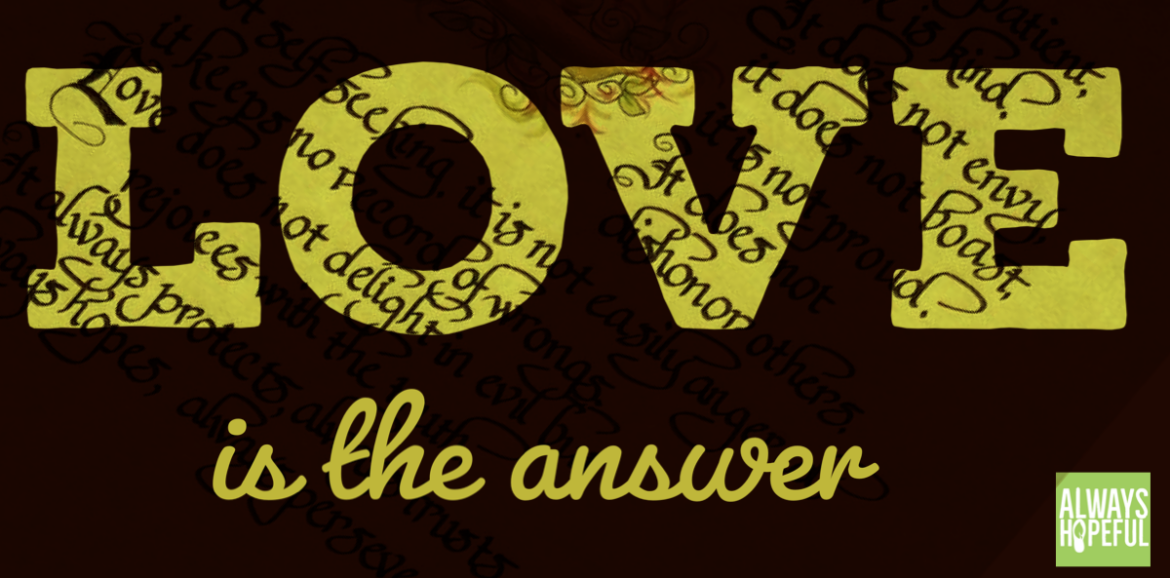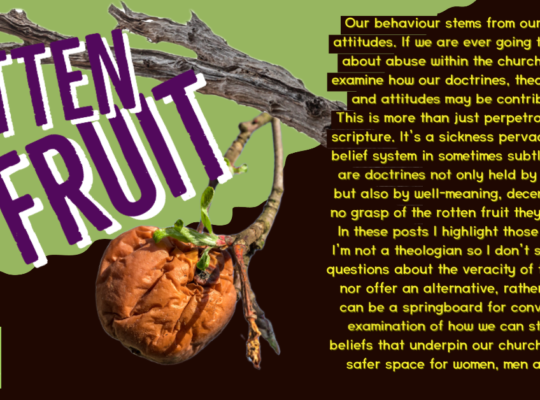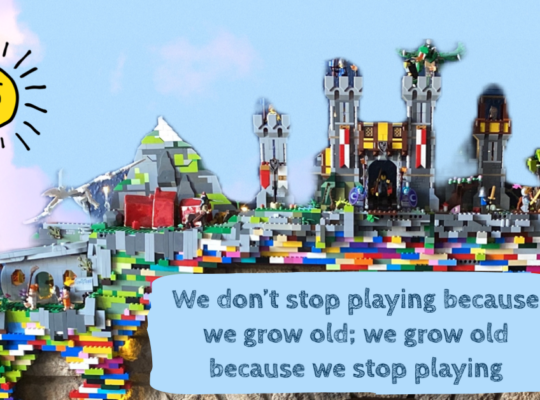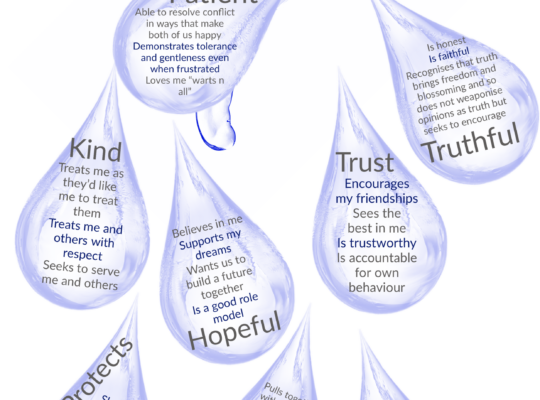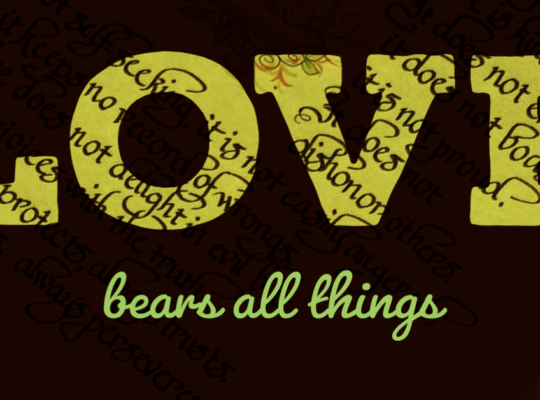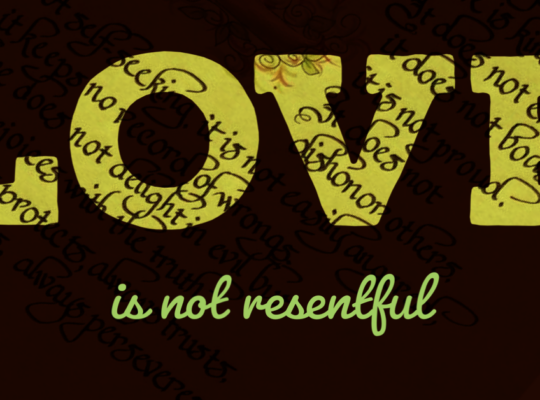Weds 8th February 2023
Increasingly professionals who work in health and social care are striving to make the way they work ‘trauma informed’ This is because psychologists believe that the impact of trauma and adversity can cause lifelong problems. Studies have identified adverse childhood experiences such as experiencing domestic abuse, losing a parent to death or through divorce, living with a parent who has mental health issues, having a parent in prison, and more. They have found that 47% of the population has experienced at least one of these adverse and often traumatic experiences and 9% had experienced 4 or more. Adversity is something we all face in one way or another and for a large number of us this can be traumatic and can have a lasting effect.
Because trauma often has an adverse effect on the way we form relationships and attachments, those who support people in recovery stress the importance of creating connections with other human beings. There are lots of ways to support people who have experienced trauma but ,
one of the simplest and most effective ways is to help them form healthy relationships with emotionally healthy adults. Even if that relationship is only a professional relationship with appropriate boundaries in place, it can still be effective in recovery for people who have experienced any kind of trauma.
Essentially, this is a cold and clinical way of saying that simply being a positive person, who is patient, kind, generous, gentle and respectful in the life of someone who has experienced adversity can make a huge difference, even if it’s only briefly, and this is something anyone can do, for anyone, whether they know what’s been going on in that person’s life or not. Since at least 47% of people experience adversity in childhood alone, it’s safe to say that we all need a little bit of compassion.
Psychologists have shown that love, or human connection, or kindness or however you want to put it, is the answer!
They’ve proven that when the #bekind hashtag went viral in 2020 it contained truth deeper than that of a twee meme.
They’ve proven that the Buddhist practice of cultivating ‘loving kindness’ is a good idea.
They’ve proven that Ghandi was right when he said “The simplest acts of kindness are by far more powerful than a thousand heads bowing in prayer”
That Carl Sagan was right to say that “altruism, general intelligence, compassion- may be key to our survival”
And that Jesus was right when he said “love the Lord your God with all your heart, and with all your soul and with all your mind, and love your neighbour as yourself” Jesus said that everything hangs on these two commands to love.
Every religion, every philosophical system in the world has its core foundation in what Christians call “love”… not the twee hallmark version of love, not love the emotion, but love the practical outworking of the very force behind the universe itself. Love, as the very essence of all that is good and kind and lovely. Love the behaviour we choose towards our fellow man, be they the annoying coworker, the love of our life, or just the chap we pass on the street on our way to work.
Over the next few weeks I’m going to explore the concept of love. I’m going to seek to answer the question of the great philosopher Haddaway “what is love?” and I’m going to do it using the very thorough description of love that’s provided in the Christian bible (1 Corinthians 13) . But really it doesn’t matter if you’re a Christian or not for the purposes of these posts, because whatever we may disagree on, we all know that “love wins” So whatever your faith, please come with me on this journey into the answer to life, the universe and everything. It’s not 42. It’s love.

